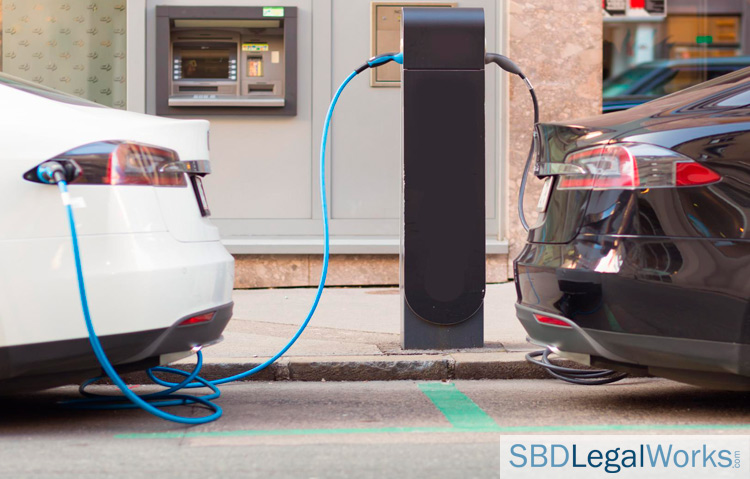
Tesla has come to be a leader in the market for electric cars. The firm’s Model 3 was the top-selling electric car in the world for 2018. But that’s coming at a cost—there are increasing concerns about employees being overworked and that leading to injuries. On top of that, there are charges that the firm’s doctors deliberately understate injuries to prevent a workers comp dispute.
The Tesla plant in Fremont, California reported a threefold increase in workdays lost to injury—over 22,000 in 2018 compared to roughly 7,000 the year before. Deborah Berkowitz, who ran the Occupational Health & Safety Administration (OSHA) under President Obama, said that this kind of rise in injuries is often due to severity. If Berkowitz is right, it calls into serious question whether the Model 3’s 2018 performance is sustainable.
Tesla disputes this interpretation of the data, denying a correlation between time off for injuries and the severity of those injuries. That may be true, but the company faces even more serious trouble on a related front that threatens its credibility in worker safety related matters.
Dr. Basil Besh runs the on-site factory health clinic and staffers report he freely responded to pressure from Tesla to keep worker injuries off the books and to return employees to the job before they were ready. “I’m not losing the contract over this—get this case closed,” Besh is alleged to have told clinic personnel.
Perhaps the charges leveled by Besh’s operations manager Yvette Bonnette have made an impact and a more straightforward reporting is the reason for the sudden surge of workdays lost to injury. But no matter how you slice it, there’s no good ending for Tesla in this workers comp dispute. Either they conspired with their doctor to cook the books or they’re dealing with a rapid rise of injuries by coincidence. When the latter is your best-case scenario, it’s not a pleasant position to be in.